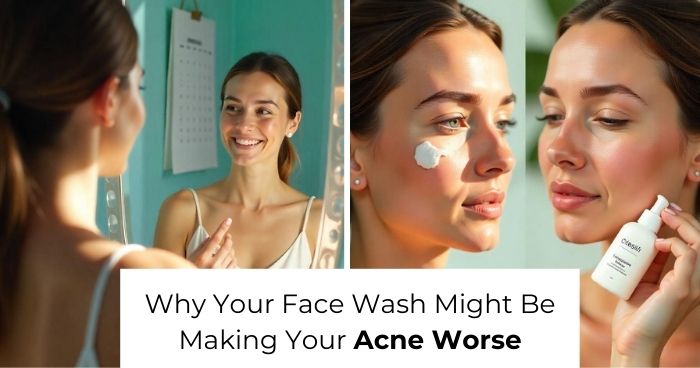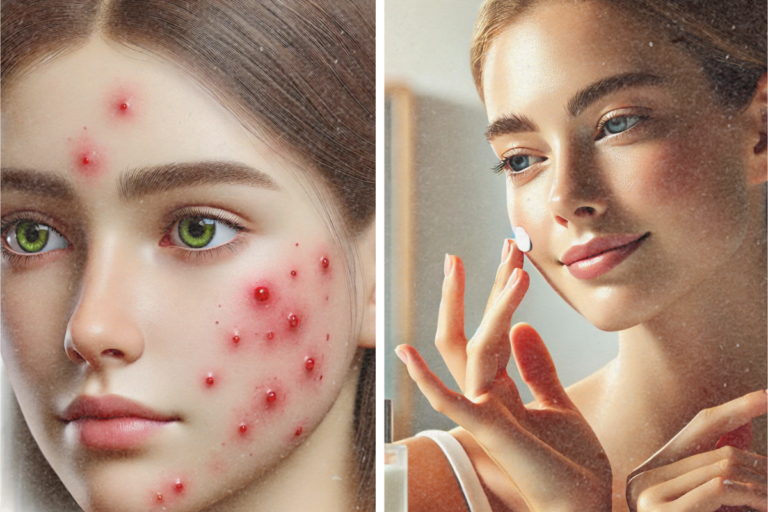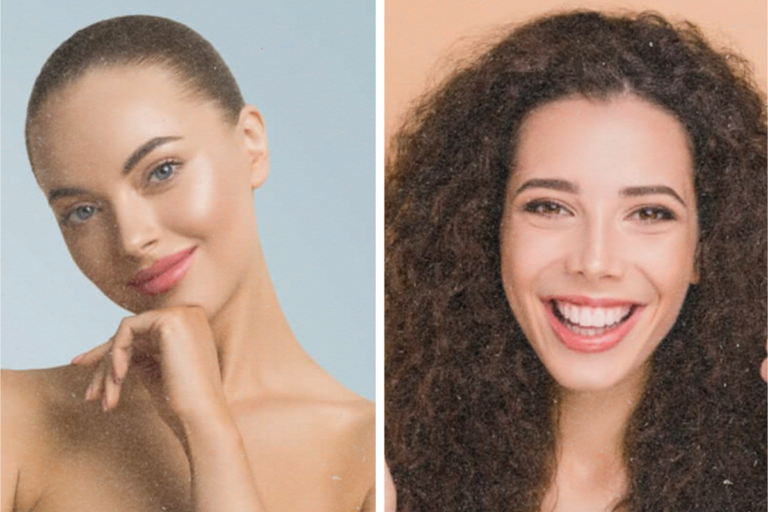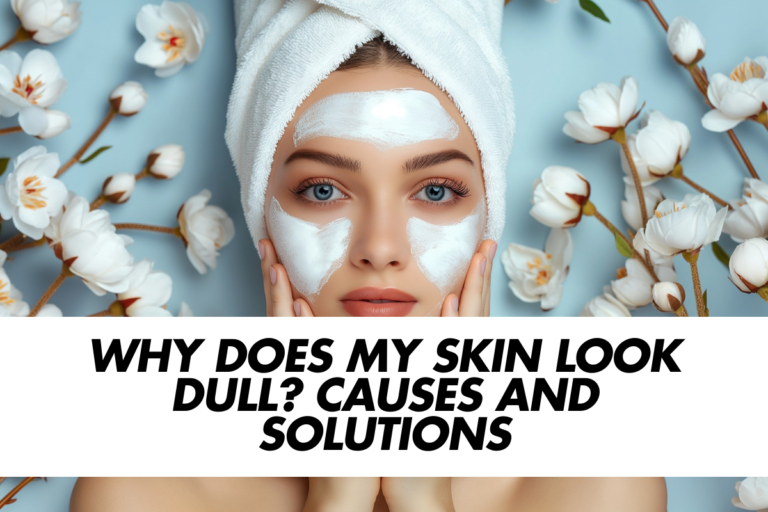Makeup Ingredients to Avoid: Should These Be on Your Blacklist?

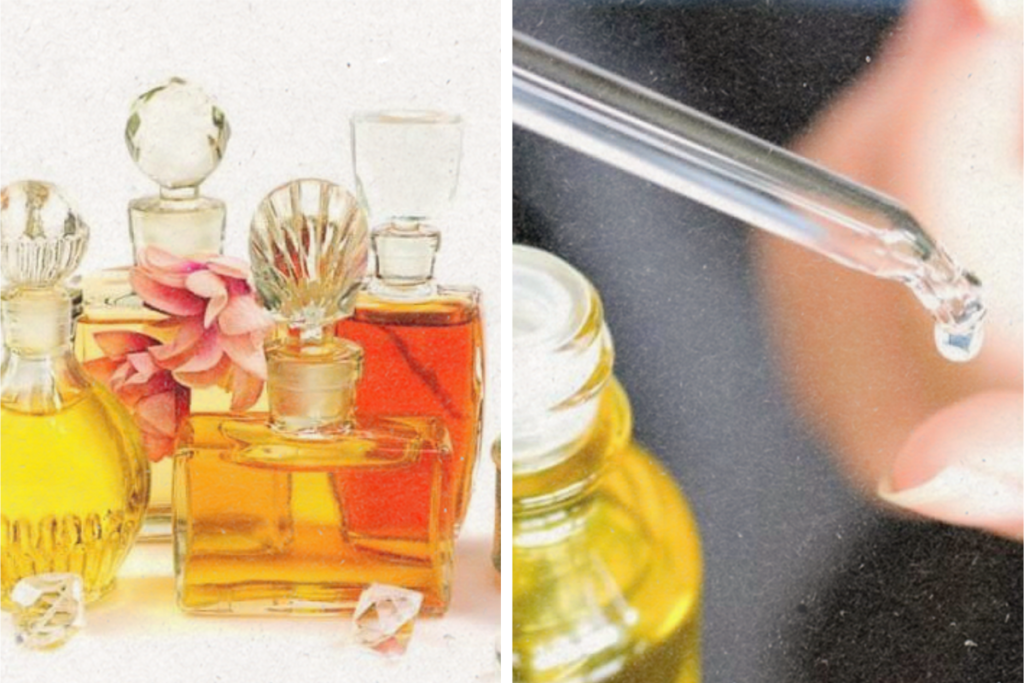
1. Parabens

Check the label of any makeup item in your cabinet and you will likely find at least a handful of ingredients ending in the term ‘paraben’ —methylparaben, butylparaben, propylparaben, etc. Makeup has an expiration date, but without these preservatives, products would go bad ten times faster. Of late, moreover, brands have been urged to leave out parabens, subsequently they were found in cancerous breast tissue. However, because there was not enough evidence to suggest that parabens caused cancer, they were not categorized as a carcinogen. Though some still avoid parabens in makeup, the amounts present in each bit of eyeshadow, lipstick, foundation, etc. is minimal making this fear pretty unfounded.
2. Mineral Oil

To give cosmetics a beautiful smoothing texture; Mineral oil It’s so widespread because it is so absurdly inexpensive for brands to source as it’s a by-product of the gasoline-making process. As odd as that sounds, mineral oils are a very refined ingredient. It is commonly blamed acne and clogged pores, but this is a myth because mineral oil does not penetrate the skin; it just sits there and as such is a great skin barrier protector and an amazing moisture loss preventer. You probably still want to skip the ingredient and stick with products that feature natural oils, like jojoba oil or argan oil. But since these do absorb into your skin, you may end up breaking out or irritating.
3. Phthalates

Phthalates are an ingredient used as a softening agent in cosmetics, they help dissolve other ingredients and make the product softer and easier to use. While only one kind of phthalate, diethylhexyl phthalate (DEHP), has been identified as a potential human carcinogen, other types such as dibutyl phthalate (DBP), dimethyl phthalate (DMP), and diethyl phthalate (DEP) also have been associated with reproductive and developmental problems, such as birth defects and infertility. The positive side is that we are seeing more and more actions to prohibit phthalates in the cosmetics industry, spearheaded by the European Union. However, the U.S. is lagging behind, so pregnant women or women trying to become pregnant in the U.S. should be careful when buying cosmetics containing that ingredient.
Benzema declares end of international career with France, ‘proud’
4. Artificial Fragrances

Although labeled as a skin irritant and allergen, brands still use fragrances at different intensities. Despite fragrance being an irritant that some people see adverse reactions to (think redness, breakouts, dryness, etc.), the fact that others can withstand see no problems when using such products is why it isn’t classified as problematic yet. This is why there is any concern over fragrance; the ingredients are not disclosed. There is special legislation actually that which enables a firm to keep their specific fragrance formulations confidential and protected from the rest of the public and, most importantly, from other firms that might want to copy them. If you are aware of fragrance being an irritant within your skin type then you should try to find goods that are labelled ‘fragrance-free’ or contain synthetic fragrances that contain used only purely natural fragrances from essential oil.
5. Artificial Colorants

Artificial colorants have also been controversially known — at least ones referred to as coal-tar dyes, a derivative from petroleum and a known carcinogen. While many nations are moving to ban these dyes from cosmetics, it is still widely used. Some artificial colorants deemed safer have been passed down in the cosmetics industry, but it is still recognized that they have pore-clogging tendencies that could lead to, or exacerbate acne, and irritate sensitive skin. Similarly, if you’re not sensitive to the newer synthetic colorants, then you don’t need to steer clear of them any more than you would of synthetic fragrances. Nevertheless, those who do get reactions should feel free to follow suit — but move to mineral pigments which are both effective and (largely) controversy-free!

